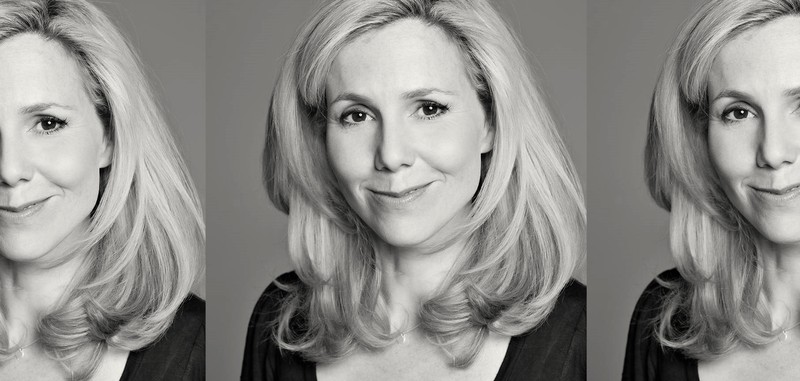
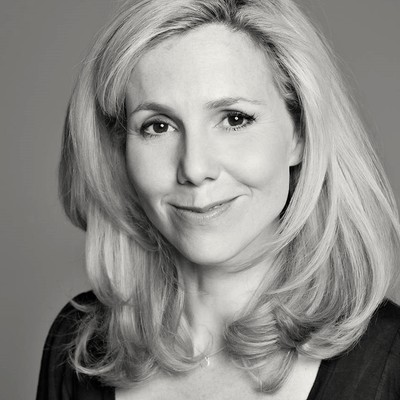
Chapters In My Life: Sally Phillips
Chapter One: Growing Up All Over The World
I was born in Hong Kong. My dad worked for British Airways and basically ran the Hong Kong operation. I don’t have many early memories of being there, but I certainly consider myself one of those ‘third culture’ kids. It wasn’t as common then, but the world is much smaller now. Being brought up in a culture that isn’t the one belonging to your parents can be odd – it’s easy to feel quite rootless. It used to bother me more when I was younger, but I’ve since encountered lots of people with similar upbringings, so it feels a little less alien. At nine, I was sent to boarding school, but I didn’t like it much. My parents thought it would do me good – and it was certainly the ‘done’ thing back then. My brothers went at eight! I’d describe myself as a relatively good student. At 13, we came back to the UK which was a bit of a shock because I didn’t feel British at all, but there wasn’t anything outward to really distinguish me from everyone else.
Performing – and to a greater degree comedy – has always been a part of my life. My dad loved British comedy. He had endless comedy albums and took us to see Monty Python’s The Meaning Of Life in the British Council building in Bahrain. I remember finding it very funny. Our whole family did impressions of the Goons too. I thought I was very good and took it all very seriously. In reality, I was probably quite ridiculous without realising it.
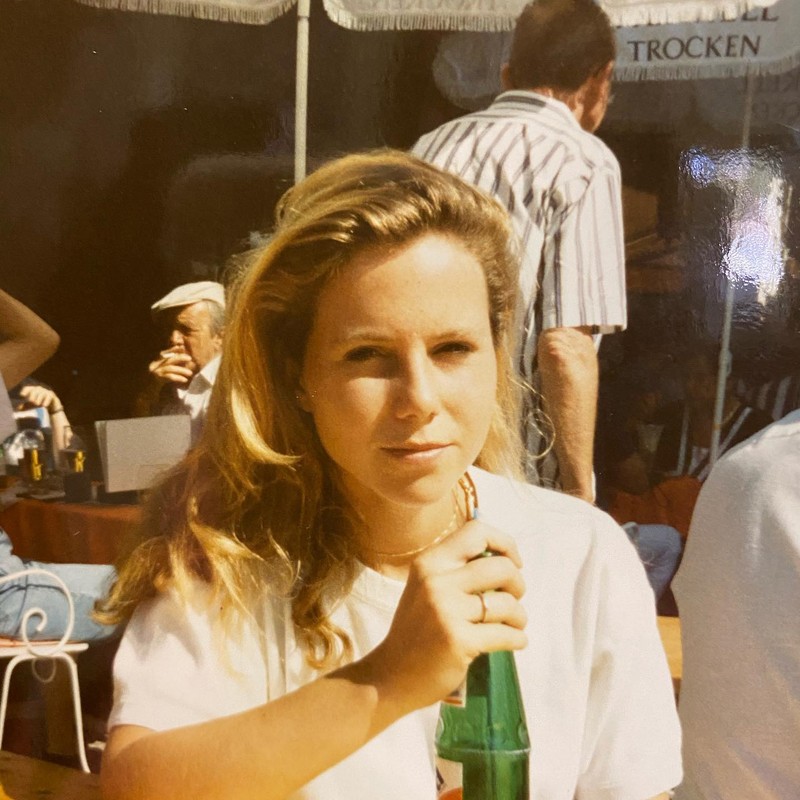
Chapter Two: Arriving at Oxford
My dad had gone to Oxford as a tennis player – he went on to play in three of the four grand slams, which made us all immensely proud of him. He was also the chairman of the All England Club later in life. I actually come from a long line of Oxford chemists – none of whom achieved much other than arguing with other chemists. When I got there, I joined the Revue, which marked a bit of a turning point for me. I hadn’t heard much about it before I went up to Oxford, but that’s where I met and worked with [comedy producer] Ed Smith. Around this time, I also co-wrote and performed the one-woman show Benedetta: the Life of a Lesbian Nun in Renaissance Italy with my friend Richard, about an actress who is forced to join a rubbish nunnery. After she officially ‘marries’ Jesus, she gets drunk on the power. In the Revue, I rarely got to play women and it sort off put me off the idea of doing comedy.
After Oxford I went on to study drama and remember going to countless – I think nine – Edinburgh festivals in a row. For some reason, it was very hard to convince agents to come and see me dying on stage of syphilis. But they did come and see Richard Herring’s Ra-Ra-Rasputin, so I had to go where the work was. Serious roles just didn’t seem to make me that appealing.
Chapter Three: Working Hard
During my early career I was constantly working – on the whole, I was proud of myself for being able to pay my own way. I have a supportive family, so it wasn’t as hard as it might have been, but I also learnt an incredible amount on the job. I knew experience was the only way I’d get better.
I can’t take credit for coming up with the idea for Smack The Pony. That comes down to Caroline Leddy – now a big comedy producer – who encouraged comedy writer Victoria Pile to produce it. She asked me to join the project, and I asked Doon Mackichan, who asked Fiona Allen etc. From there we had a year’s full development process to work out what it really was going to be. We didn’t want any repetitive characters or punchlines. We wanted to prove women were funny – or at least as funny as men. We didn’t know how big it was going to be. The only way you want to feel about any project is that you don’t care what people think because you love it. The response from the comedy elite and critics was lukewarm, but it was massive abroad. We won two Emmys but never a Bafta.
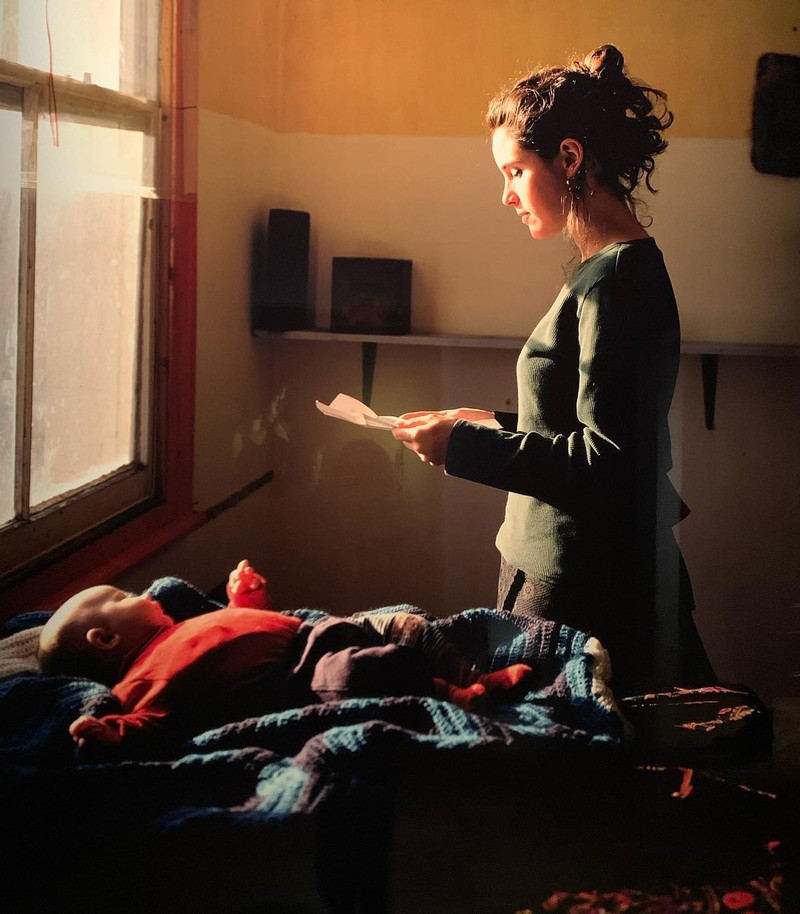
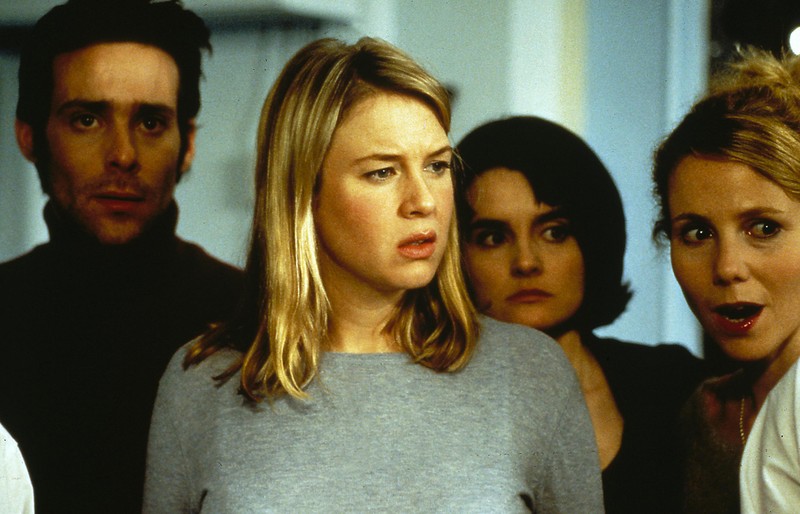
Chapter Four: Creating Shazza
Initially, I auditioned for the part of Bridget in Bridget Jones’s Diary, but I wasn’t up to a starring role at that point. The minute Renée Zellweger joined the project, the film also became something else entirely – in a good way. Luckily, I got on well with the director Sharon Maguire who came up with the idea of getting someone like Bridget to play her best friend and someone who isn’t like Bridget to play Bridget. It was the right decision in the end.
Being on a film set of that size was very exciting. These were the days where you’d turn up to work and there’d be elaborate gifts in your trailer. The costumes were also on another level. On Smack The Pony it was like a dressing up box, but on Bridget you’d turn up to a schedule fitting and there’d be three mannequins in the room wearing outfits designed for your character. In some ways, my naivety stood me in good stead – it made me feel like I could pull this off. The cast were great friends too, as was often the case on those early Richard Curtis films. Every time they’ve asked me to go back and do another one it’s been an absolute no brainer. I’m always the one saying they’ll never do another one and then they do, so who knows? I have to admit it is a bit frustrating to be playing a character who’s never got the chance to snog Hugh Grant, Colin Firth or Patrick Dempsey…
Chapter Five: Starting Family Life
My ex-husband and I share three sons – including Ollie, who has Down’s syndrome. The first time I talked about it openly, I had a very visceral response to a journalist who suggested my life must have been ruined as a result of his diagnosis. But that’s not how anyone feels. It made me realise how much we’re fed this narrative that life with a disability isn’t worth living. That’s just not the case. My experience with Ollie is that he doesn’t score on any of the official charts we use to value a person, but the value he brings to our family is unmeasurable. He brings us all together – largely because of the support he needs, but also because he’s able to bring out kindness and generosity in people. He feels things very, very deeply, too. If anyone in his life is suffering, he gets very upset about it. He doesn’t conform, and ultimately it helps him see the big picture more than other people.
My other two sons’ lives have certainly been impacted by Ollie. I think in a good way – they’re both very emotionally mature and empathetic. In the house, it’s like the volume is turned up to 11, so the highs are very high, and the lows can be low. Most of the time you just have to laugh – I remember Ollie throwing a bucket of water over the balcony of our room on a family holiday to Dubai, soaking the well-to-do couple who were eating below us. There was a lot of running round the hotel and hiding from two rather angry people! We have quite a few stories like that…
A lot of people who have disabled children or siblings agree with me that it’s more like a superpower than anything else. I’ve only ever met one person who’s described it as a wholly negative thing. I often find the family bond is stronger if there’s a Down’s syndrome member. In fact, statistics show that if you have a sibling with special needs, you’re more likely to go into a caring profession, which I see as no bad thing.
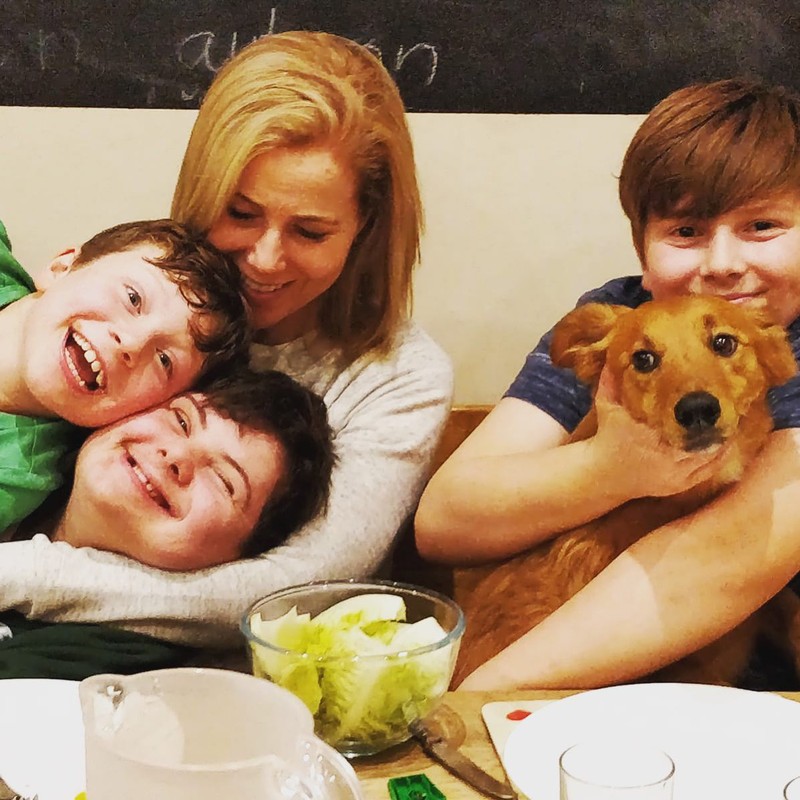
The Next Chapter
After quite a few years away from the industry – during which I’ve largely immersed myself in family life – it’s exciting to be getting back out there with some new projects. I sometimes feel like I’ve been on a bit of a hiatus because I’ve wanted to be home, in London, at lot. It’s meant I haven’t done lead roles or much theatre or anything like that. I just haven’t wanted to be away for four months at a time. But now my children are older, I’m more open to going back to some more intensive work.
That said, I am now at the stage where the choice has typically been to get a face lift or go behind the camera. I started a film company called Captain Dolly with Ronni Ancona and Nick Hampson under the Film Soho umbrella. We train actors and comics to become their own producers and help them bring their projects to the screen. We’re distributing at the rate of one project a month, which is quite the pace. There’s lots of focus on disability narratives and quite a lot of foreign language films, too. We’re hoping people go back to cinemas now the pandemic is behind us.
It might be the case that I find projects or roles I personally find appealing through Captain Dolly, but that’s not why I set it up. I’m not sure you always choose the best projects if you’re always thinking about how you can factor into them. I also think there’s a lot of appetite for new faces, so we’re enjoying discovering new people and giving them the benefit of our expertise and connecting them with the right people.
Acting wise, I’ll be in How To Please A Woman, which comes out on 8th July on Sky. It’s a comedy about middle-aged women and sex. Breeders, a black comedy, also comes out on 13th July on Sky Comedy and there’s a brilliant team behind it. I’d do anything written by Simon Blackwell (The Thick Of It, Veep) until the day I die, but Martin Freeman and Chris Addison are also co-creators. I’m certainly biased as the parent of a disabled child, but I think there’s something wonderfully revealing about lancing the boils of parenting failures. I’m interested to see what people think of it.
Sally Phillips stars in How To Please A Woman, available on 8th July on Sky. She’s also in Breeders, which arrives on 13th July on Sky Comedy.
DISCLAIMER: We endeavour to always credit the correct original source of every image we use. If you think a credit may be incorrect, please contact us at info@sheerluxe.com.

